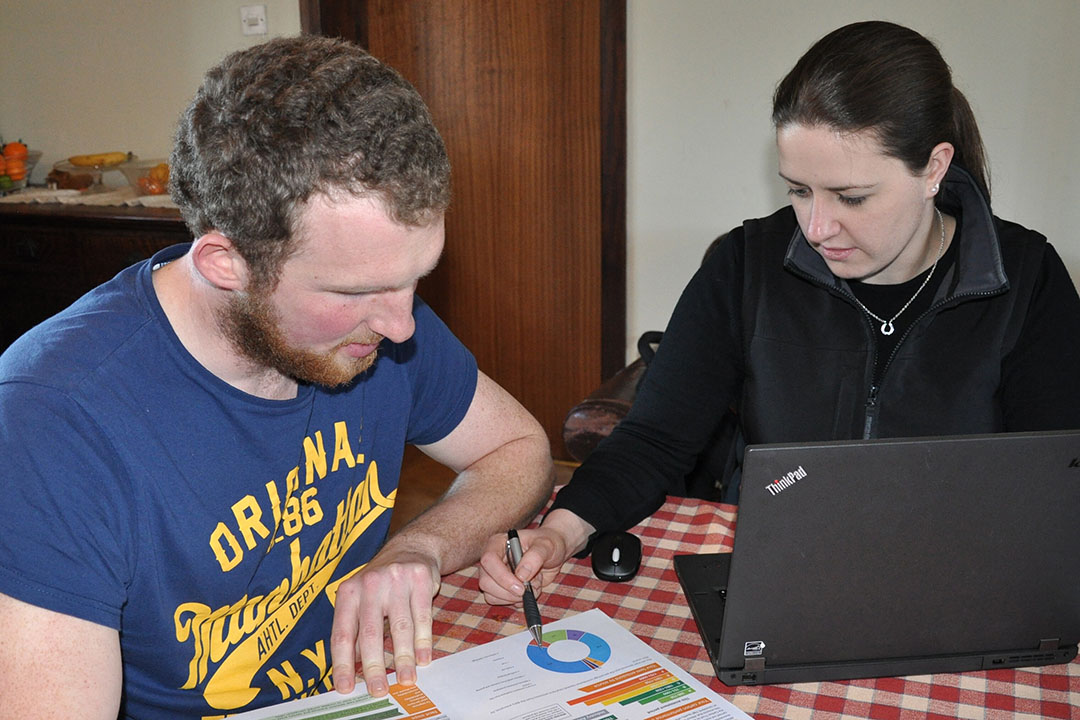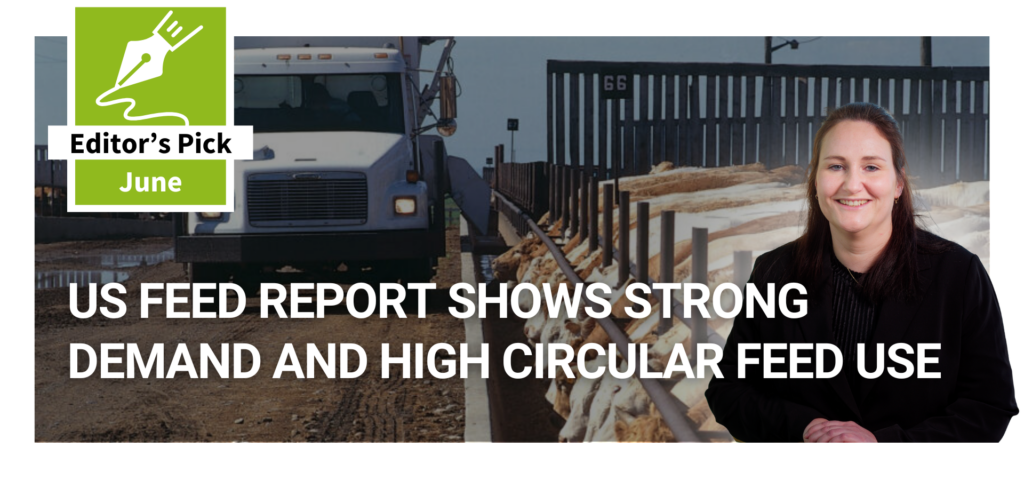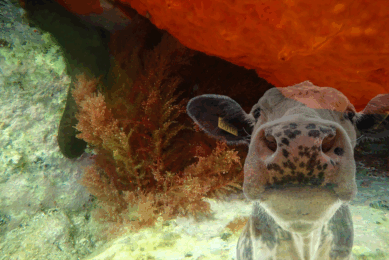Remembering farmers’ needs in the sustainability solution

The livestock industry has a unique position in underpinning the circular economy. Each food chain stakeholder has their own complex challenges in addressing sustainability requirements. For the farmer, it’s profitability and developing a production model that does not undermine the environment on which their livelihood depends.
“It’s hard to be green when you are in the red” is a common response from farmers being asked to meet the fast-evolving sustainability requirements associated with food production. With many big-picture ideals and schemes, the devil is well and truly in the detail, and agriculture’s move towards a greener future is no different. It will be interesting to see how the European Union’s recent Farm to Fork Strategy proposal engages primary producers in reformulating relevant policy.
Interpreting sustainability is one of the most divisive issues facing society today. For agri-food, it is a non-negotiable in how we work. Thinking about future generations and caring for the environment has been an unwritten part of food production for millennia. Now the challenge as agriculturalists is to measure and verify our production models. Livestock production has a unique position in underpinning the circular economy. Converting feed and by-products inedible to humans into meat and milk. In addition, regenerative grazing, strategic cropping rotations and efficient nutrient use all contribute toward enhanced biodiversity.
Addressing sustainability requirements
The challenges for each of the food chain stakeholders in addressing sustainability requirements are different and complex. For the farmer, it is profitability and evolving a production model that does not undermine their lifestyle or the environment on which their livelihood depends. There is no question that livestock production has the unique position of being part of the climate challenge solution in the form of carbon sequestration. However, in this data-driven world, we need to be able to measure and verify it. For governments, climate change mitigation and meeting internationally-agreed targets would require influencing human behavioural change across society. In agri-food, this necessitates open dialogue with all participants in formulating policy and aligning directives to local needs. Education is ongoing; however, it is widely recognised that this will be more effectively achieved via a collective industry approach.
At Alltech, we believe this collaboration for achieving carbon neutrality within food production is imperative. The urgency in developing sustainable production models has accelerated. This needs to be done in a way that bypasses silver bullet type solutions in favour of holistic programmes for reducing waste.
Validation services
Up until now, many rural professionals and producers have understood the idea that environmental emissions, such as greenhouse gases, are a lost economic opportunity, representing wasted nutrition that could have driven greater production. This implies that, as a farmer achieves their animal health and productivity targets, the environmental footprint improves by itself. What has been lacking previously, however, has been the ability to quantify these numbers in a real-world situation. By pairing a life-cycle analysis approach with a bespoke on-farm, animal-centred strategy, provides the data that validates the win-win-win approach (i.e., healthier animals, increased revenue and improved environmental qualities going hand in hand).
Figure 1 – Improve efficiency, reduce the carbon footprint.

The Alltech In Vitro Fermentation Model (Alltech IFM) simulates rumen fermentation and evaluates the nutritive value of a ration and end-product formation. This dynamic approach to understanding diet efficiency is illustrated in Figure 1.
The use of Alltech IFM to formulate more rumen-friendly diets helps producers reduce not only physical feed waste but environmental waste too. Around 80% of a typical dairy or beef farm’s carbon footprint is derived from enteric emissions (methane from the rumen) and total feed inputs. Used together with an Alltech E-CO2 on-farm environmental assessment, Alltech IFM is an effective tool for predicting farm- and feed-specific enteric methane emissions. Data on methane emissions calculated by using these tools together has been verified by the Carbon Trust to sit within tier 3 of an IPCC tier 2 farm model. Once a farm has undertaken such assessments and has identified its carbon footprint, various ways to mitigate these emissions will become apparent. For instance, methane and nitrous oxide emissions can be reduced by strategically improving diets and manure management. Alltech E-CO2, which has conducted more than 10,000 farm assessments, can testify that the most environmentally efficient farms are often the most profitable farms as well.
Nitrogen efficiency
Nitrogen is a key nutrient for both rumen and soil productivity. In ruminant production systems, 75–95% of dietary nitrogen consumed as feed protein is excreted in the manure. This wasted nitrogen in manure is due to the generally low nitrogen utilisation efficiency of ruminants. For farmers, there are monetary and animal husbandry advantages to improving nitrogen utilisation. Mitigation measures already being implemented include dribble bar slurry spreading, low protein diets, protected urea fertiliser and multi-species swards; all of which have significant impacts. The challenge remains in being able to measure this impact with accuracy on each farm. How can farmers and regulators understand in real time what is happening to nitrogen utilisation? The impact on the wider society is significant in the form of air and water quality, and biodiversity losses.
More rumen and environmentally friendly diets
For more than a decade, Alltech has been working on feeding strategies with dairy and beef farmers globally to address nitrogen losses. Integral to this has been the use of an innovative protein ingredient called Optigen that provides a controlled release of non-protein nitrogen (NPN) over time. This promotes maximum nitrogen utilisation in the rumen, reduces nitrogen excretion and reduces the risk of elevated nitrogen transfer into the blood and associated toxic effects. The controlled and continual supply of ruminal ammonia serves to meet the rumen microbes’ nitrogen needs. This leads to more efficient use of dietary nitrogen, an increase in microbial protein supply to the cow and a reduction in nitrogen excretion.
A meta-analysis study examining the effects of Optigen supplementation in dairy cows was recently completed based on the results of 17 studies carried out in 6 different countries. Results showed many positive effects:
- Optigen partially replaced approximately 21% of soybean meal across all diets.
- Optigen diets decreased dry matter intake (DMI) and nitrogen intake.
- Milk production was maintained, feed efficiency was improved by 3% and nitrogen utilisation efficiency increased by 4%.
The environmental benefits of Optigen are, therefore, evident through the replacement of soybean in the ration, but also the substitution of other high-protein concentrates in combination with improved production efficiency.
It is important to note that minimising manure nitrogen losses is a critical goal for improving sustainability on dairy farms. Reformulating Optigen into the diet not only improves animal productivity but contributes to the efficiency of the entire production cycle. Its inclusion promotes more efficient use of home-grown feed resources and helps to lower the global warming potential of the diet.
Dietary manipulation with ingredients like Optigen, in conjunction with measurement tools like Alltech IFM and Alltech E-CO2 can help in improving nitrogen utilisation. However, a holistic approach is necessary, and in order to successfully meet national nitrogen reduction targets, collaboration between farmers, government and industry will be paramount. We are optimistic that the open-minded approach currently being taken by all these stakeholders will facilitate a significant reduction in nitrogen loss over the coming years.
References available on request
Author:
Neil Keane, Commercial Director, Alltech







